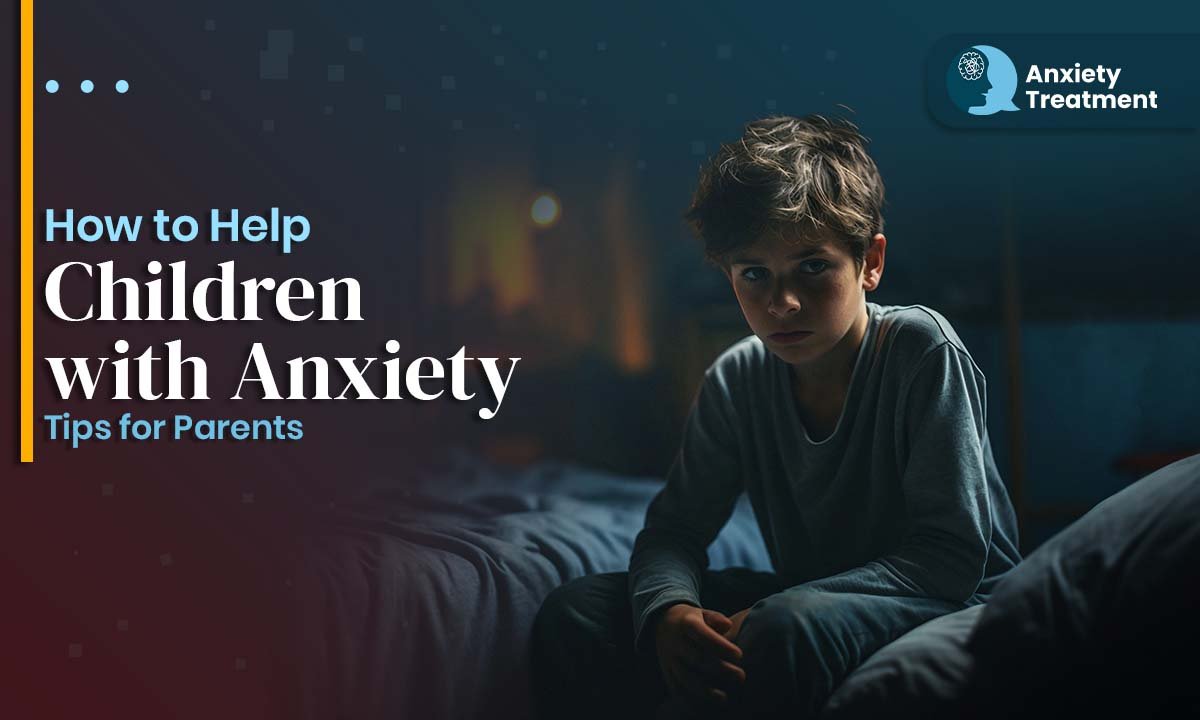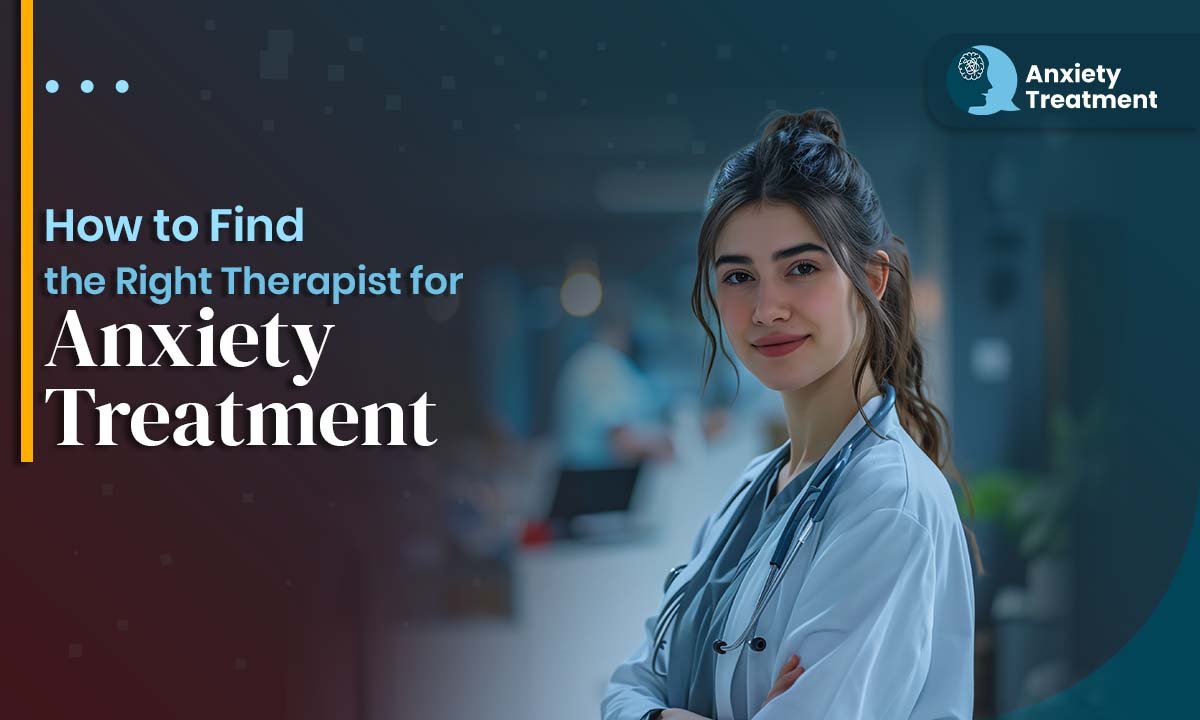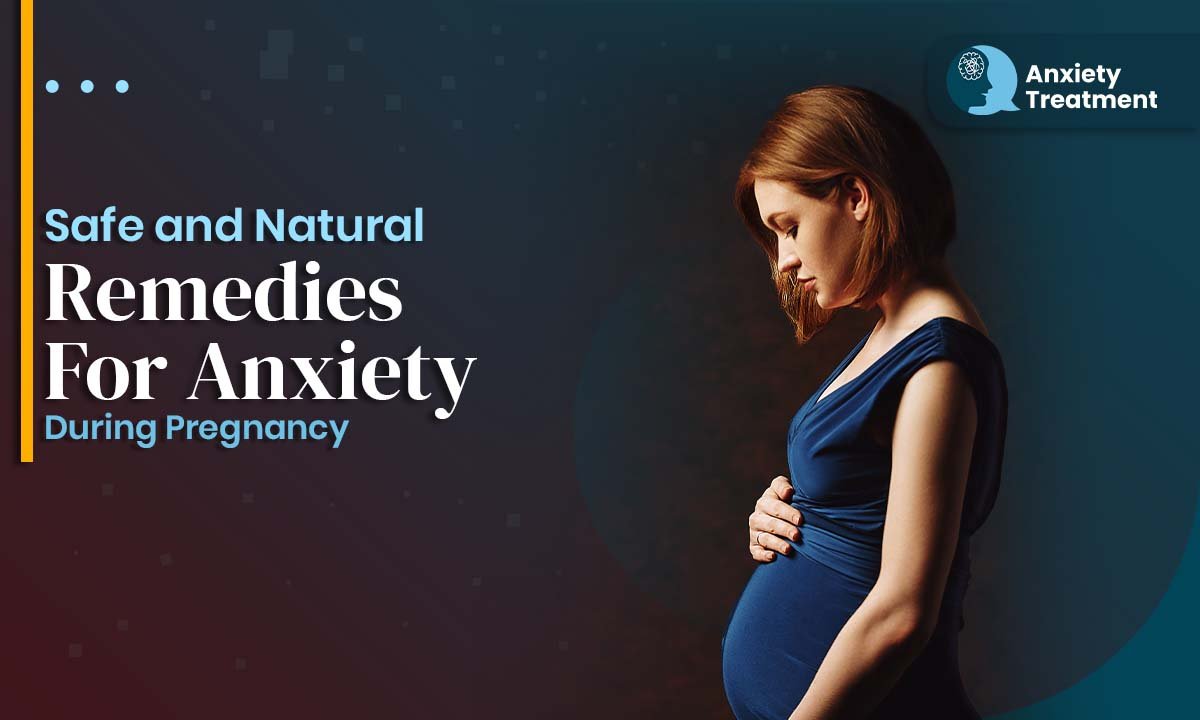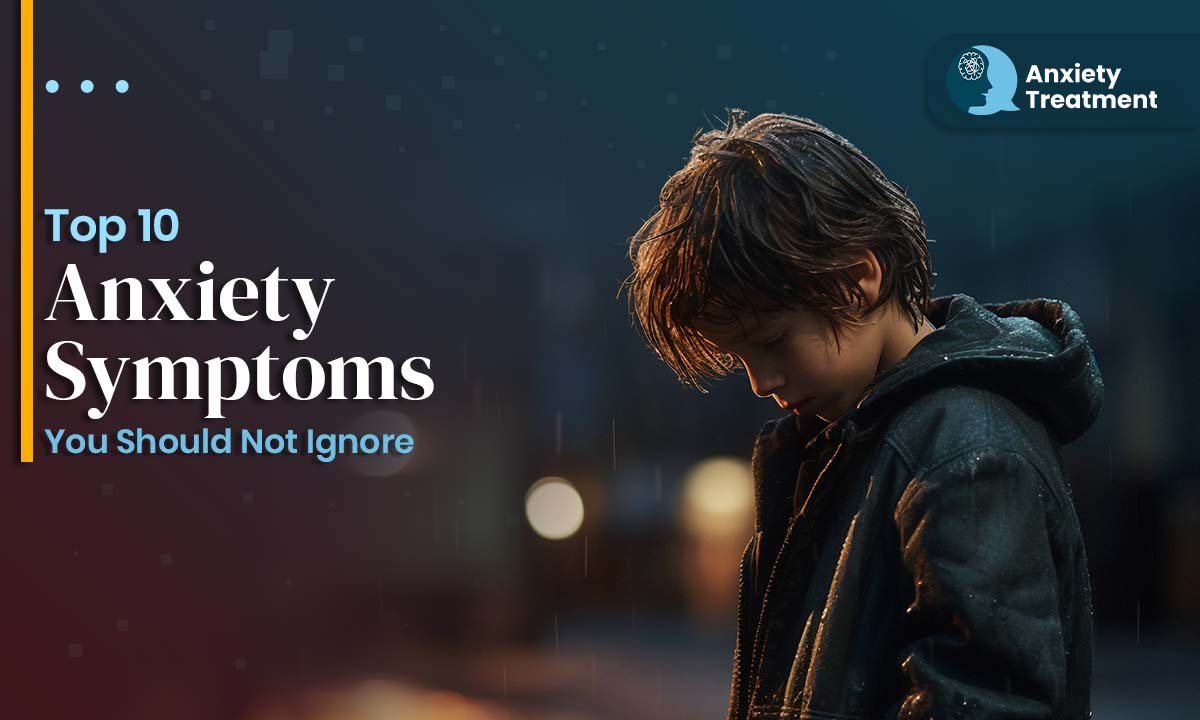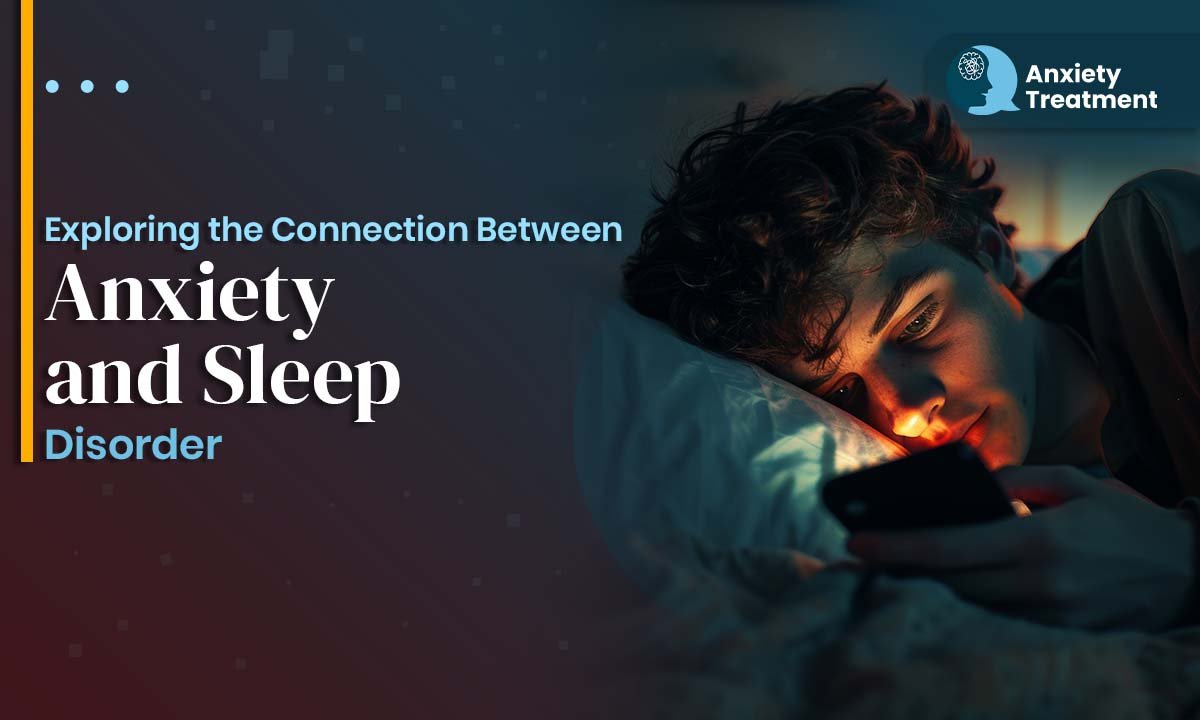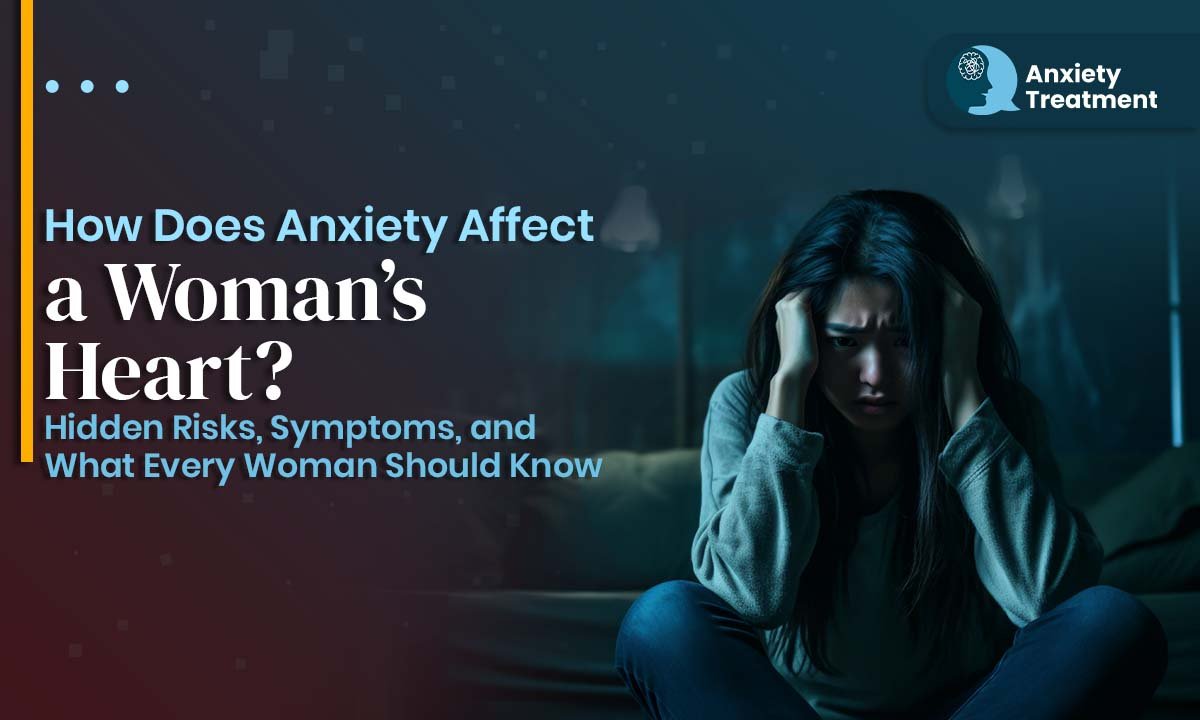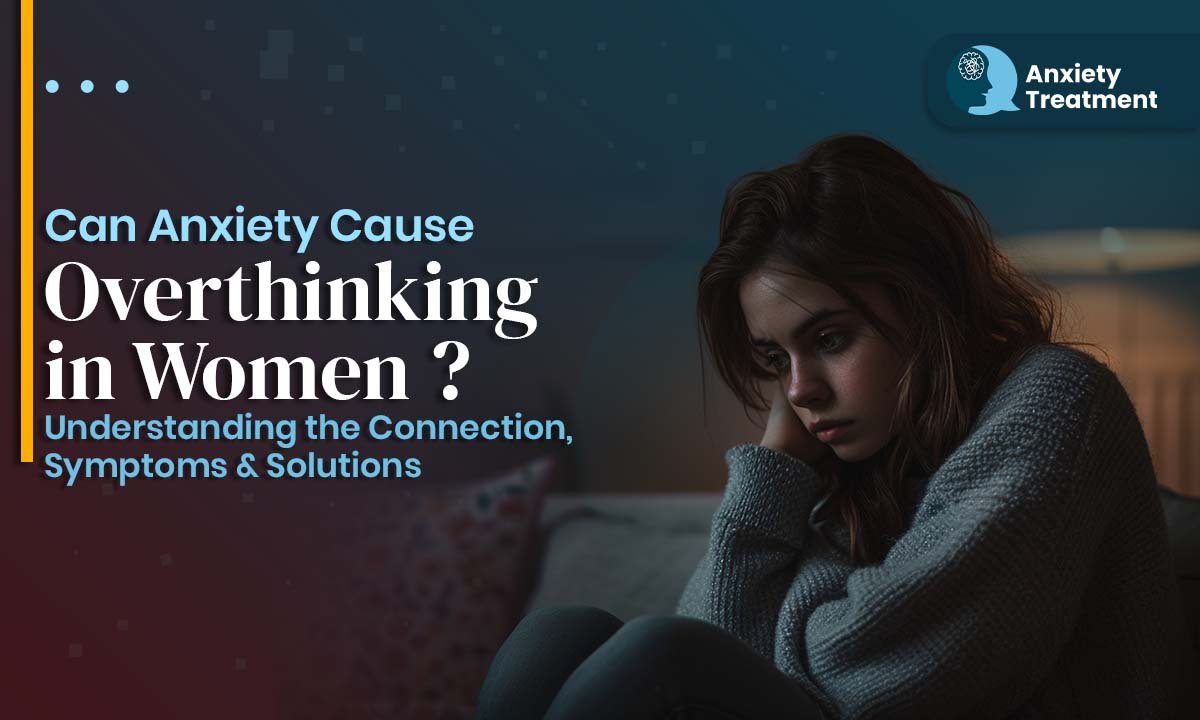Anxiety disorders can impact people of diverse age groups, from children to adults. Children can experience anxiety for many different reasons and caregivers can support them in this anxiety recovery journey.
At times, the caregivers, parents, and guardians may also find it challenging to navigate the journey as they are trying to protect their loved ones. Through this blog, we shall shed light on some tips for parents that can be used to help children with anxiety.
Anxiety Disorders Among Children
A major parameter for the diagnosis of anxiety disorders among children is that the experience of anxiety is developmentally inappropriate. Apart from this, anxiety hinders their daily functioning. For example, they are unable to carry forward the activities that they previously did easily. A few symptoms that children may showcase and parents can be mindful of include:
- Trembling
- Sweating
- Feeling dizziness
- Nauseous feeling
- Chills in the body
The diagnosis of anxiety disorder and the specific type of anxiety disorder is done by trained professionals. Parents can reach out to psychiatrists and psychologists who specialize in working with children for detailed assessment and evaluation. Separation anxiety disorder, generalized anxiety disorder, social phobia and panic disorder are some of the types of anxiety disorders that can be observed in children.
Parenting Tips for Children’s Anxiety Management
Understandably, parents want to help their child in the best possible way, yet at times may feel confused about the next steps in their child’s mental wellness journey. Here are some parenting tips for a child’s anxiety management that you can explore:
- Learn more about the disorder that the child is going through so that you feel competent enough to help your child.
- Help children and adolescents become more aware of their feelings so that they can easily identify them.
- Being empathetic can go a long way to showing that you care for the child and can imagine the experiences that they are going through.
- Maintaining a secure attachment style can ensure the child feels at ease and knows that their caregivers are with them.
- You can boost their self-confidence by acknowledging their efforts and praising them.
- Children often learn through observation and, therefore, you can use healthy coping strategies such as deep breathing to manage anxiety so that the child also tries to follow the same.
- You can allow the child to take their time to settle in, especially when going to a new place, meeting different people so that they don’t feel rushed.
- You can share some common interests with them so that the child feels you are actively involved in their life and having some good quality bonding time together.
- If anxiety is regarding a specific process, then that can be broken down into simpler steps ensuring the child feels comfortable doing it.
- You can often involve the child in basic decision-making and perspective-sharing so that they feel valued.
- Seeking professional help is again a very strong tip, because both you and your child should know the proper diagnosis and have a tailored treatment plan suitable to their needs.
The above-listed tips are more very general and, as per the specific concerns, one may want to alter the strategies they use for supporting the child to manage an anxiety disorder.
Parent Self-Care – You Are Important!
As you are on this journey to help your child achieve optimal well-being, remember that your health is also just as important. To be able to offer your child with the best possible care, you shall need to take care of yourself as well. Here are some ways through which you can ensure your self-care routine is also maintained:
- Join support groups for parents whose children are dealing with an anxiety disorder.
- Take some time for yourself, be it 15 minutes a day but that time should be for your relaxation.
- Your parent-child bonding can vary from other parent-child relationships around you and therefore comparison may not help.
- While it is important to educate yourself about the child’s concerns, be mindful that you do not overload yourself with information especially one that is not even reliable.
- Celebrate the small wins that you and your child achieve in this battle with anxiety, since both of you deserve to be appreciated.
Furthermore, if the caregiver's stress is going beyond the manageable level, then seeking professional support becomes of the utmost importance.
Professional Help for Anxiety Disorder Treatment in Children
There are specialized mental health professionals with expertise in helping young children and adolescents cope with mental health disorders such as anxiety, depression, post-traumatic stress disorder etc. These practitioners are trained in using evidence-based modalities that work the best for children. The diagnosis may also require different assessments that are suitable for children. As a parent, you can look for experts in the field who can help you and your child navigate through this journey comfortably.
Athena Behavioral Health - A Renowned Anxiety Disorder Treatment Center
Your child deserves the best mental healthcare and our team aims to provide that by working around the clock! At Athena Behavioral Health, you can find a comprehensive team of experts, from psychiatrists to psychologists and expressive arts therapists, who will collaboratively work to help your child manage an anxiety disorder.
During difficult times, when your child finds the weight of anxiety too heavy, our team of experts is there to share the weight and gradually reduce it as well. Let’s together overcome these mental health challenges. Book a consultation with our expert mental healthcare team today!

